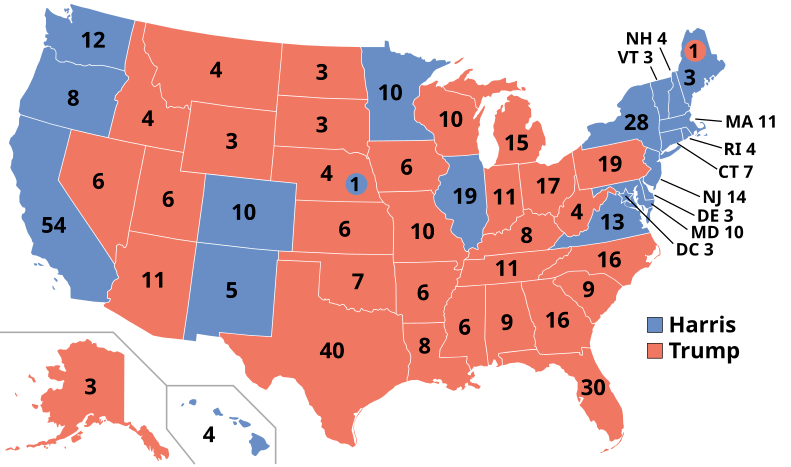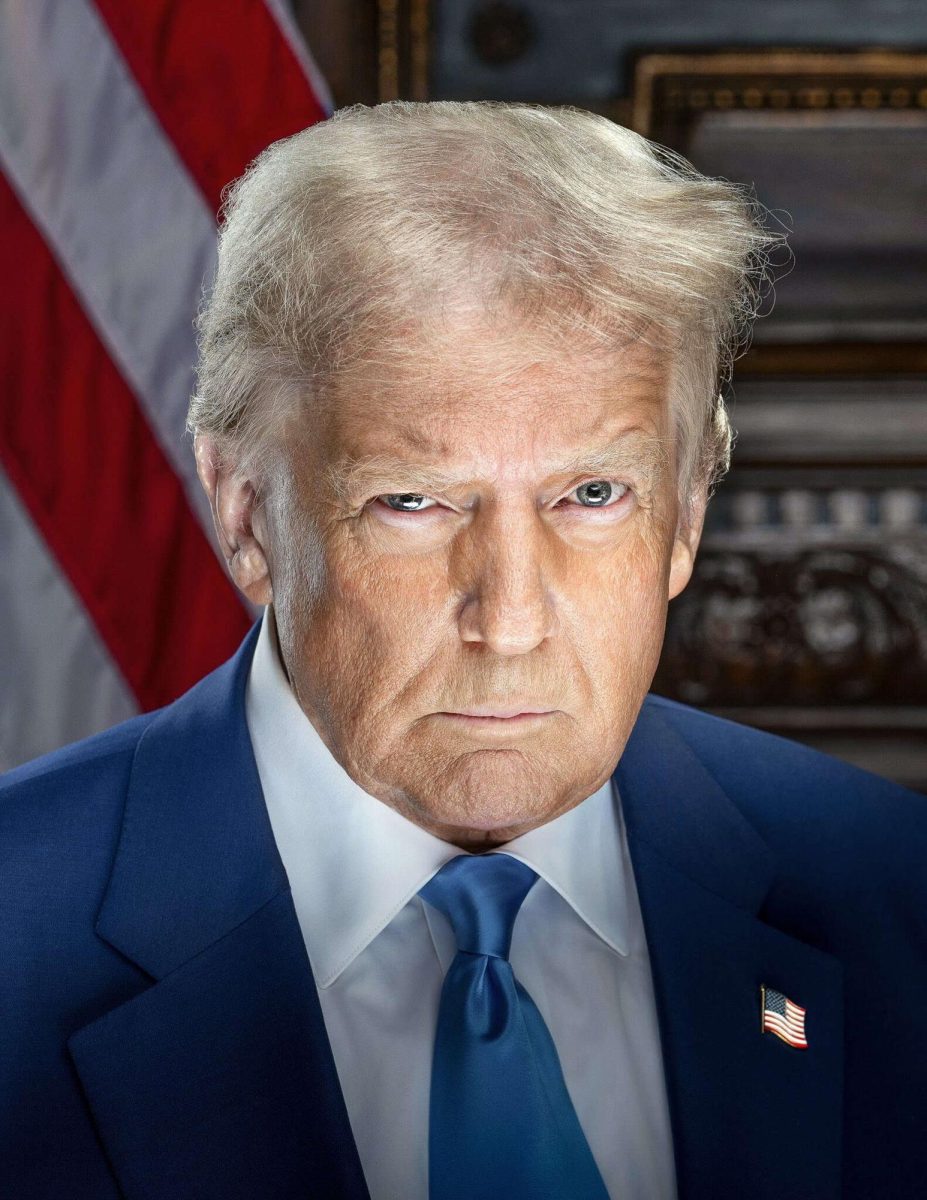The RESTRICT Act

“We need a comprehensive, risk-based approach that proactively tackles sources of potentially dangerous technology before they gain a foothold in America, so we aren’t playing Whac-A-Mole and scrambling to catch up once they’re already ubiquitous.” Official headshot of Sen. John Warner.
May 22, 2023
Senators Mark Warner and John Thune introduced the RESTRICT Act to the U.S. Senate on March 7, 2023. The bill gives the Secretary of Commerce (an appointed position in the Executive Branch) the power to investigate and ban any company, service, product, or app that is deemed a national security threat and operated within an adversarial nation. The bill also potentially criminalizes the use of VPNs (Virtual Private Networks). The bill bolsters support from the Senate and the White House and remains the leading proposal in banning TikTok and other “national security threats.”
The bill has civil penalties for violating it, with a fine of up to $250,000, and criminal penalties, with a fine of up to $1,000,000 and 20 years of prison. Because of the bill’s harsh penalties, many experts raise concerns about the broad phrasing of the bill and the people it might impact. Politicians such as Alexandria Ocasio-Cortez, Ilhan Omar, and Rand Paul have all spoken out against straight bans of TikTok, including the RESTRICT Act.
Andy Yen, the CEO of Proton VPN (a company threatened by the bill), says he supports a TikTok ban but believes that the RESTRICT Act is too broad in scope and that further scrutiny is needed to ensure that people using VPNs do not face unnecessary consequences. Yen claims Proton met with Senator Warner’s office. “We don’t have a firm commitment on any changes, but I think the fact that they’re having these meetings shows that they want to make the best possible bill.”
Senator Warner claims the bill would be used to punish companies and not individual users accessing banned apps. “[The bill] is aimed squarely at companies like Kaspersky, Huawei, and TikTok that create a systemic risk to the United States’ national security, not at individual users.” Warner and Thune later argue that TikTok is leading a misinformation campaign against the bill, stating that “there’s money to be made by allowing TikTok to continue its current operations in the U.S. and not much to be made by protecting American citizens from national-security threats.”
While some opponents feel the bill is not warranted, advocates for the legislation believe TikTok is a national security threat. The FBI and NSA have proven TikTok to be a national security threat, not just because of the data it collects, but the power its algorithm has over its user base. The RESTRICT Act’s outright ban would likely eliminate present concerns about TikTok but would be slow to take down future threats. Data privacy-focused regulations, such as the EU’s “GDPR” or Switzerland’s “Datenschutzgesetz,” prove to be viable alternatives that focus more on prevention than reaction.































